Israel
There has been widespread condemnation of Israel’s decision to ban UN relief agency, UNRWA, from operating in Israel and the Palestinian territories.
Israel claims it has evidence that a few of the agency’s thousands of staffers are affiliated with Hamas and other armed groups.
Its ambassador to the United Nations, Danny Danon, said Israel will continue to work with UN organs that are focused on humanitarian assistance to the Palestinians, “but not in terrorism”.
“You have WHO, UNICEF, World Food Programme, dozens of NGOs that operate today in Gaza. We will continue to work with them. But we will not continue to work with UNRWA after what we just exposed," he said.
Israel’s parliament voted 92-10 late on Monday to ban UNRWA from conducting “any activity” or providing any service inside Israel, including the areas of annexed East Jerusalem, Gaza, and the West Bank.
The vote also saw lawmakers declare the UN relief agency a terrorist group, which effectively bans it from any direct interaction with the Israeli state.
The decision was in defiance of pressure from the United States and other countries to maintain the agency which is the largest provider of humanitarian assistance to Palestinians.
It provides nearly the entire population of Gaza with basic supplies, and needs access through Israel to do this.
There are fears the ban will worsen the already dire humanitarian crisis in the enclave. More than 1.9 million Palestinians are displaced and the Gaza Strip faces widespread shortages of food, water, and medicine.
"If UNRWA is unable to operate, it would likely see the collapse of the humanitarian system in Gaza. UNICEF would become effectively unable to distribute lifesaving supplies,” said UNICEF spokesperson James Elder.
“Here I'm talking vaccines, I'm talking winter clothes, I'm talking hygiene kits, health kits, water, water and sanitation. RUTF (ready-to-use therapeutic food) on malnutrition, and we know, again, we're knocking on the door of famine, and all range of nutrition supplies."
The rule is due to come into effect in 90 days’ time.
UN agencies describe UNRWA’s work as indispensable and say that if the ban is implemented, it would add to the acts of collective punishment that have been imposed on Gaza.
International humanitarian law prohibits collective punishment against a group taken in retaliation for acts committed by individual members of that group




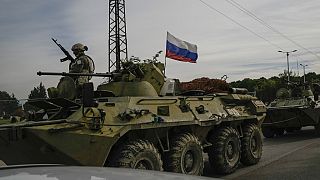
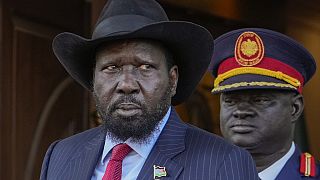
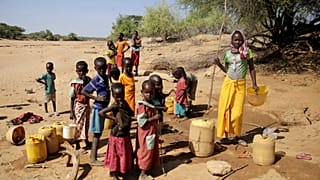
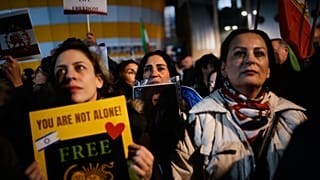
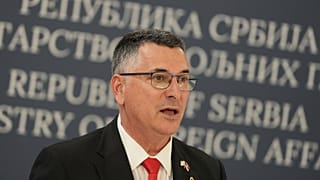
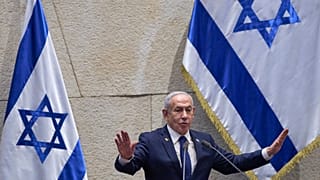
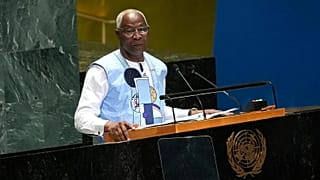

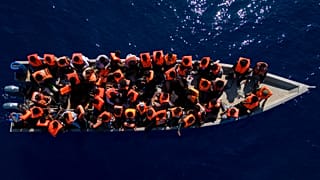
Go to video
Aid trucks enter the Gaza Strip via the Rafah crossing with Egypt
01:38
Donald Trump's 'Board of Peace' launched amid fears it will rival UN
01:33
World court says atrocities spreading across Sudan's Darfur region
00:01
Uncertainty in Uvira as M23 rebels again announce withdrawal from eastern DRC city
01:22
Residents in the Sudanese capital welcome the government's return to the city
01:25
As Sudan marks 1,000 days of conflict, civilians continue to suffer